AIZOME textiles contain zero synthetic ingredients. Period. Simplicity can be radical. Our sheets are made from organic cotton, water, and medicinal herbs. Of these ingredients, all are good for your skin and are completely biodegradable. While chemical dyes are widely recognized to cause devastating effects on the environment and factory workers, our dyes produce zero toxic waste. In fact, our wastewater is so pure, it has been used as fertilizer, and even skin care. Still, our products are made from finite resources, consuming both arable land and water. This is how we currently take care to use these resources with respect and intention:
CHEMICAL FOOTPRINT
The only additives to our dye are in the form of completely natural ingredients: citric acid, mineral alum, and quicklime. The citric acid used in the dyeing process is food grade and the alum used is mineral alum (not synthetic). Quicklime is used in the dye extraction process.
Post-treatment desizing uses biological enzymes. AIZOME dyes are crafted from herbs used in traditional herbal medicines, which allow no pesticides or fertilizers.
WATER FOOTPRINT
Cotton – the best material for individuals suffering from sensitive skin or eczema – is a plant that requires a lot of water to grow. This is why we only buy from cotton growers who are independently certified by Global Organic Textile Standards (GOTS), to ensure that measures are taken to lessen any negative impact. We also practice a ‘continuous dyeing’ process, in which our water is reused many times before finally being filtered and released into the environment. It is estimated our dyeing process requires 75% less water than conventional synthetic dyeing. It should also be noted that many synthetic dyes, in their pure form, are nerve toxins, and wastewater requires extensive, energy-intensive cleaning before the water can be considered non toxic; our wastewater can be used as fertilizer.
CARBON FOOTPRINT
We are monitoring our carbon footprint to be able to better quantify precise impacts, but the following is what we understand to be true: In addition to a decreased carbon footprint from the use of GOTS certified organic cotton (estimated by OEKO-Tex to create 50% fewer carbon emissions than conventional cotton), our dyeing process is less carbon intensive than conventional or synthetic dyeing, as it requires lower temperatures, less energy, and less water. Additionally, we refuse next-day shipping and pack our products in recycled boxes, entirely free from plastic.
END OF LIFE
The average European throws away 11kg of textiles every year. The average American, closer to 40kg. Around the world, a truck load of textiles is landfilled or incinerated every single second. According to a recent report from the European Commission, global textile production almost doubled between 2000 and 2015, and the consumption of clothing and footwear is expected to increase by 63% by 2030². Roughly 85% of all textiles end up in landfills, but this is partly because the majority of textiles cannot safely be recycled as they are the product of complex synthetic blends or dyes³. While multiple companies are actively pursuing a means to recycle synthetic and blended textiles, even when this is accomplished, the amount of chemicals that will be required – and then discarded – is alarming. Because AIZOME products are entirely natural, they can not only be recycled, they can be disposed of straight into the compost. But their durability and colorfastness means this will not even be a consideration for many years. In fact, internal studies indicate that even in hotel usage, which requires frequent, aggressive washing, our sheets outperform the leading competitors on both accounts.
SOCIAL RESPONSIBILITY
Our company is guided by intentionality and responsibility, and we work to ensure a positive impact through both relationship-building and, where transparency is less possible, third-party audits to ensure healthy environments free from chemicals (GOTS for our cot ton, OEKO-Tex for our weaving, finishing, tailoring, and packaging, and wastewater testing according to ZDHC standards). But our primary mode of ensuring social responsibility is through the cultivation of ongoing communication with factory management, and in-person visits of our factories.
_
² https://ec.europa.eu/commission/presscorner/detail/en/QANDA_22_2015
³ https://www.bbc.com/future/article/20200710-why-clothes-are-so-hard-to-recycle
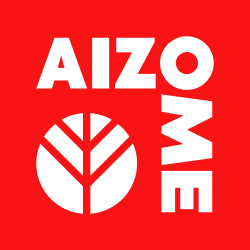
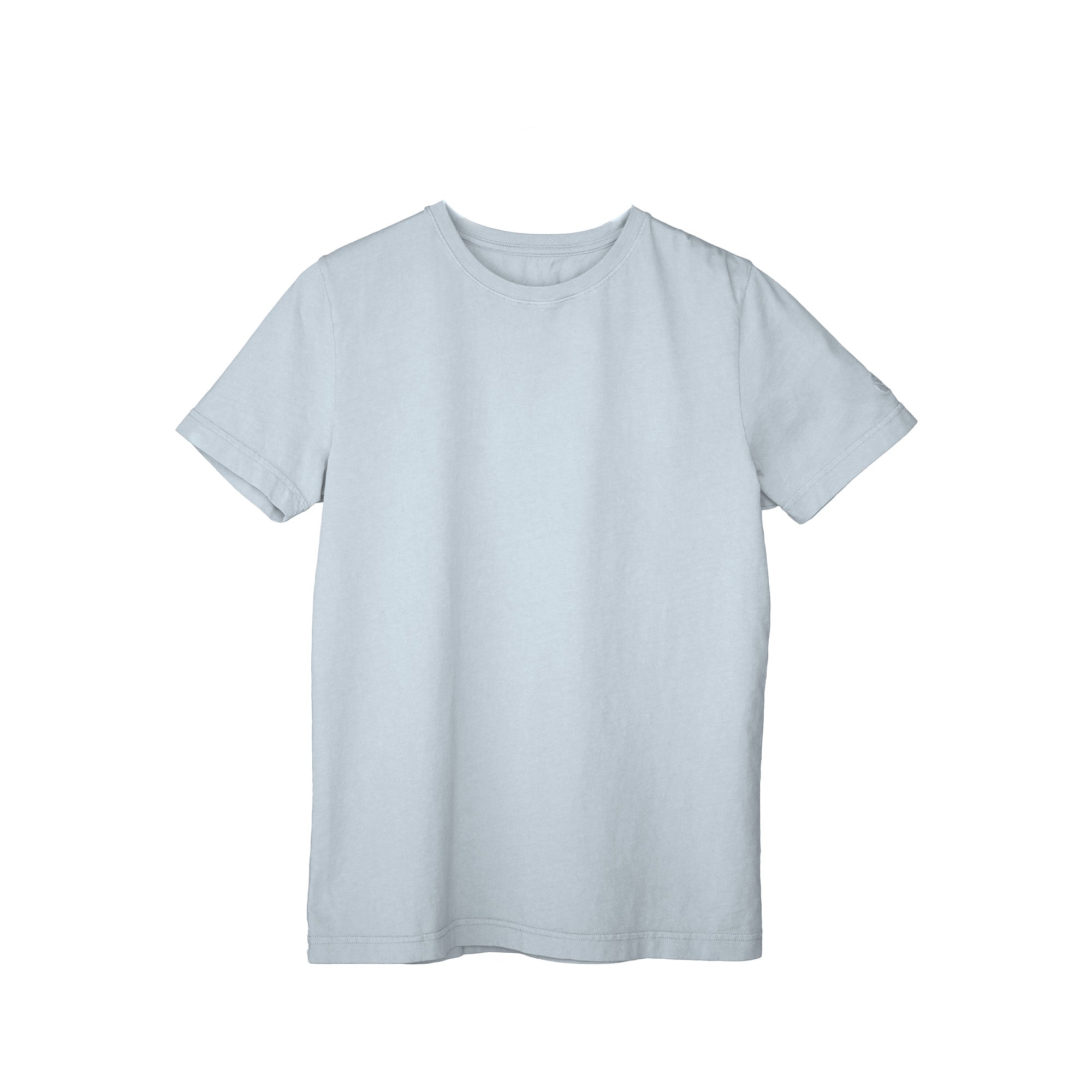

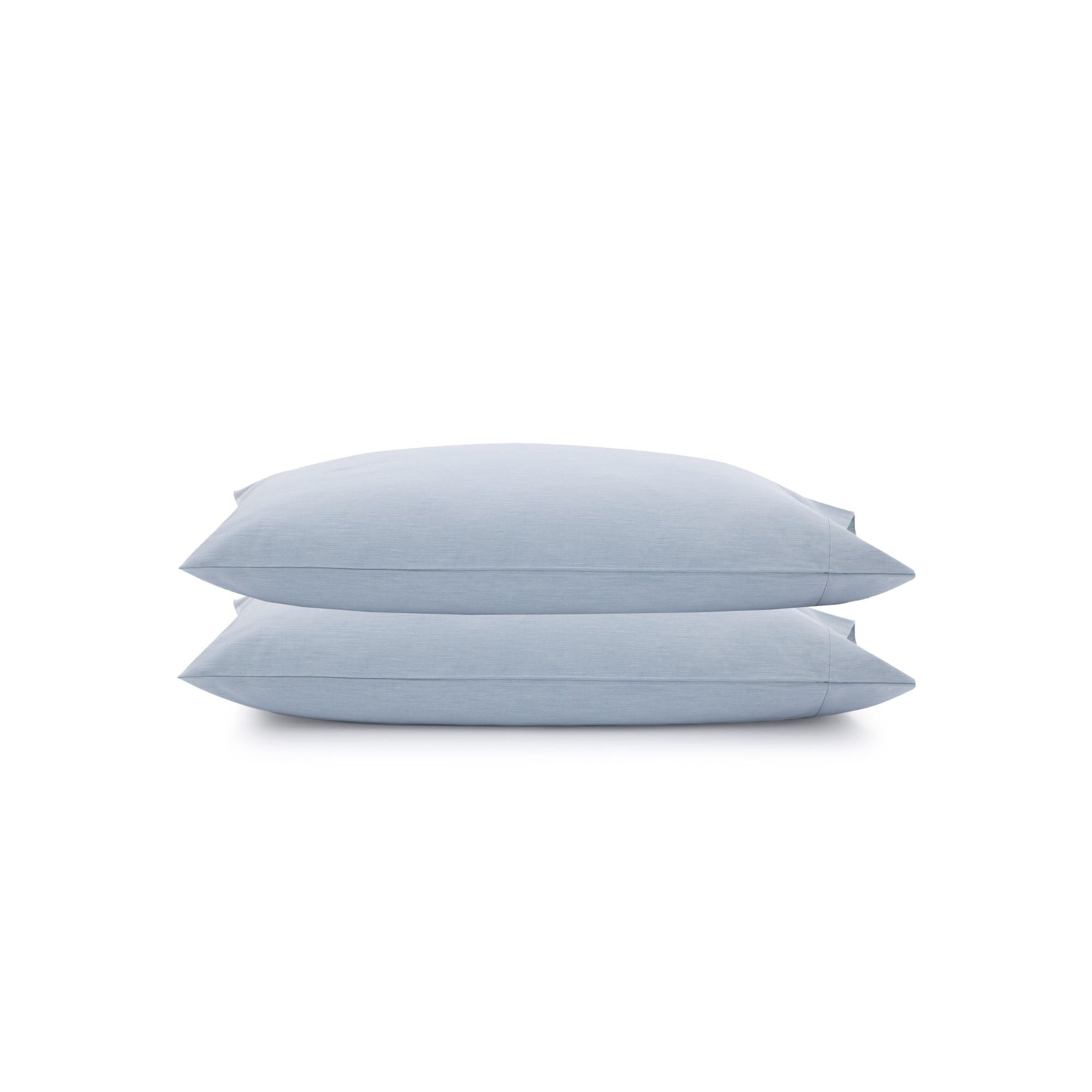
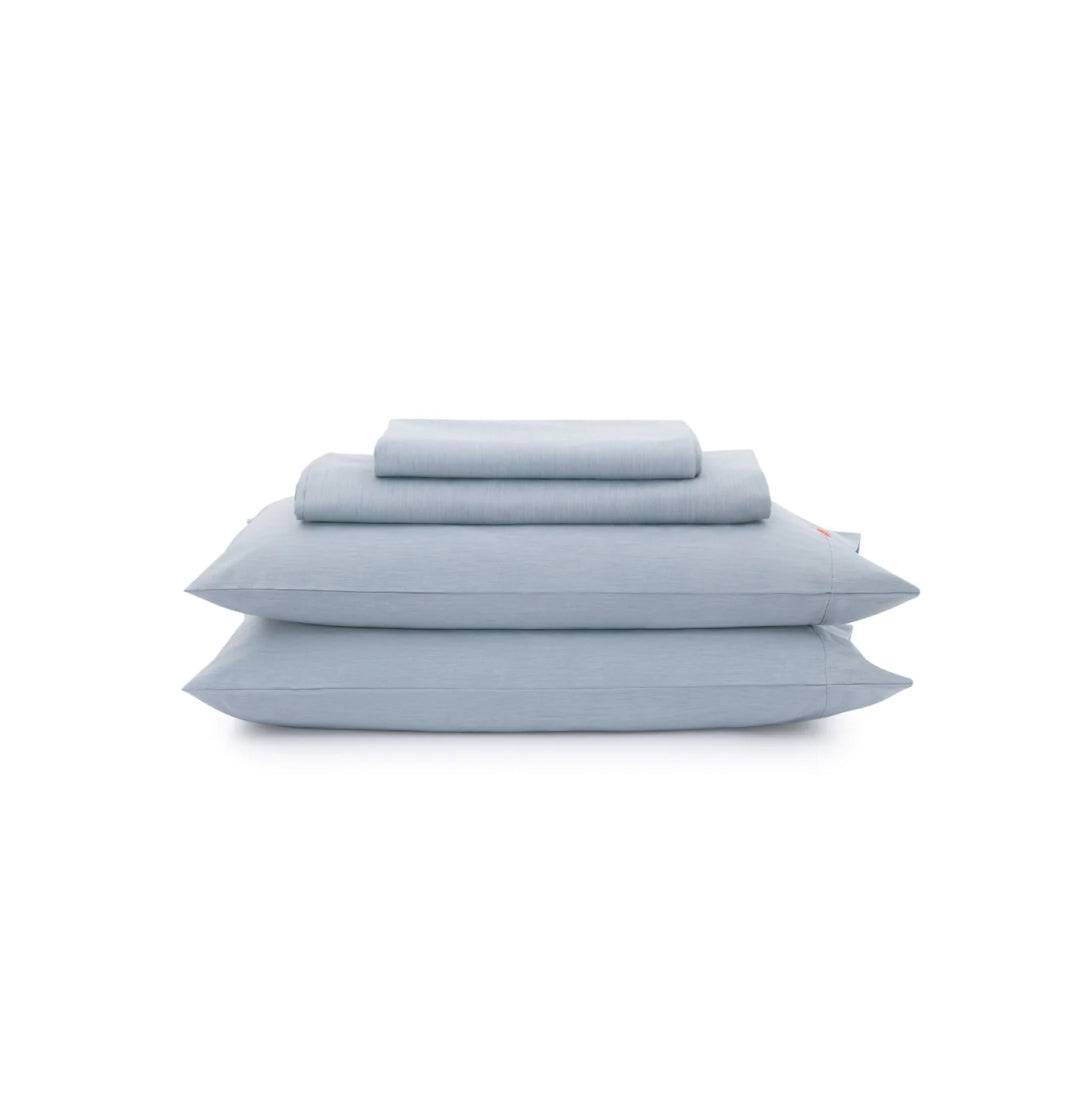
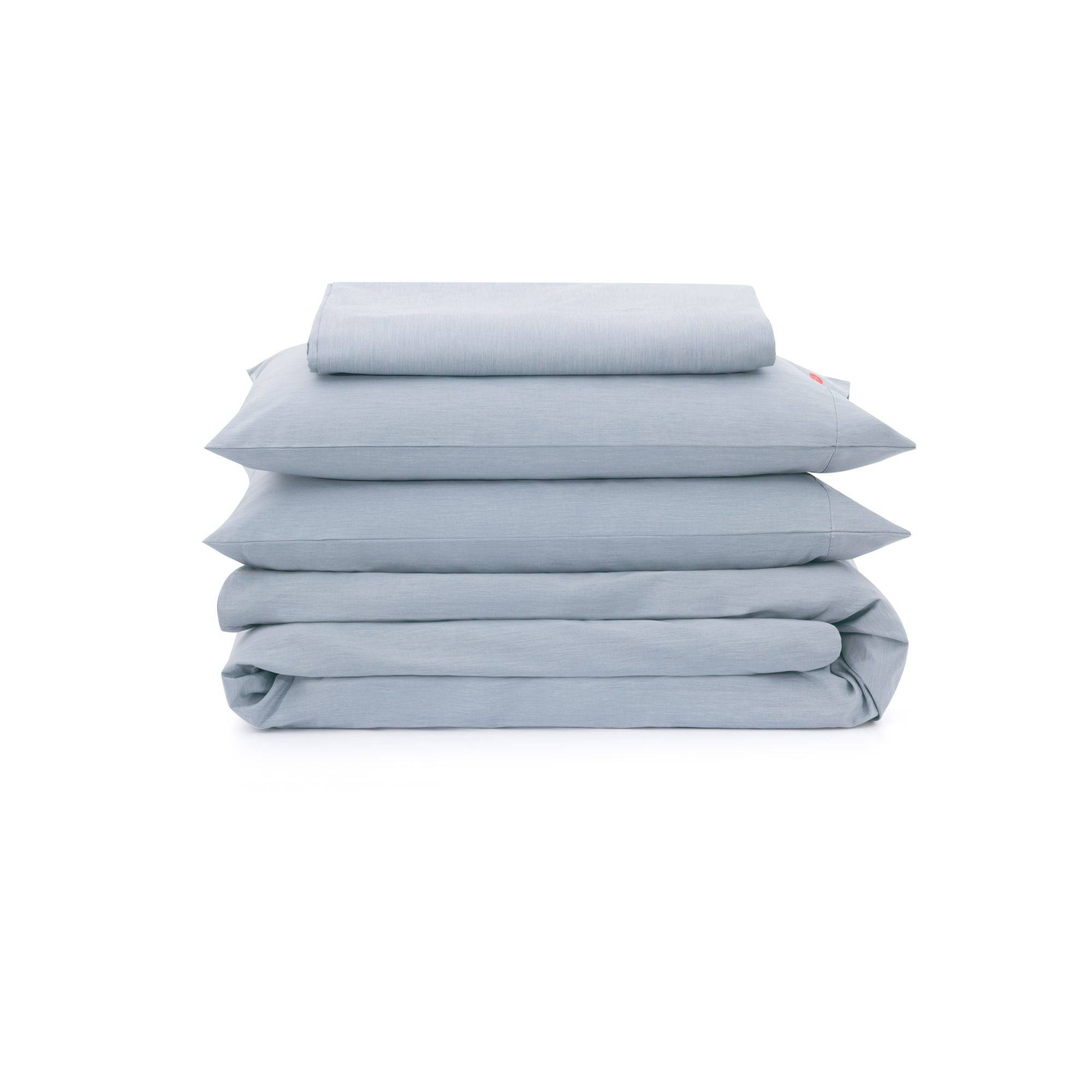
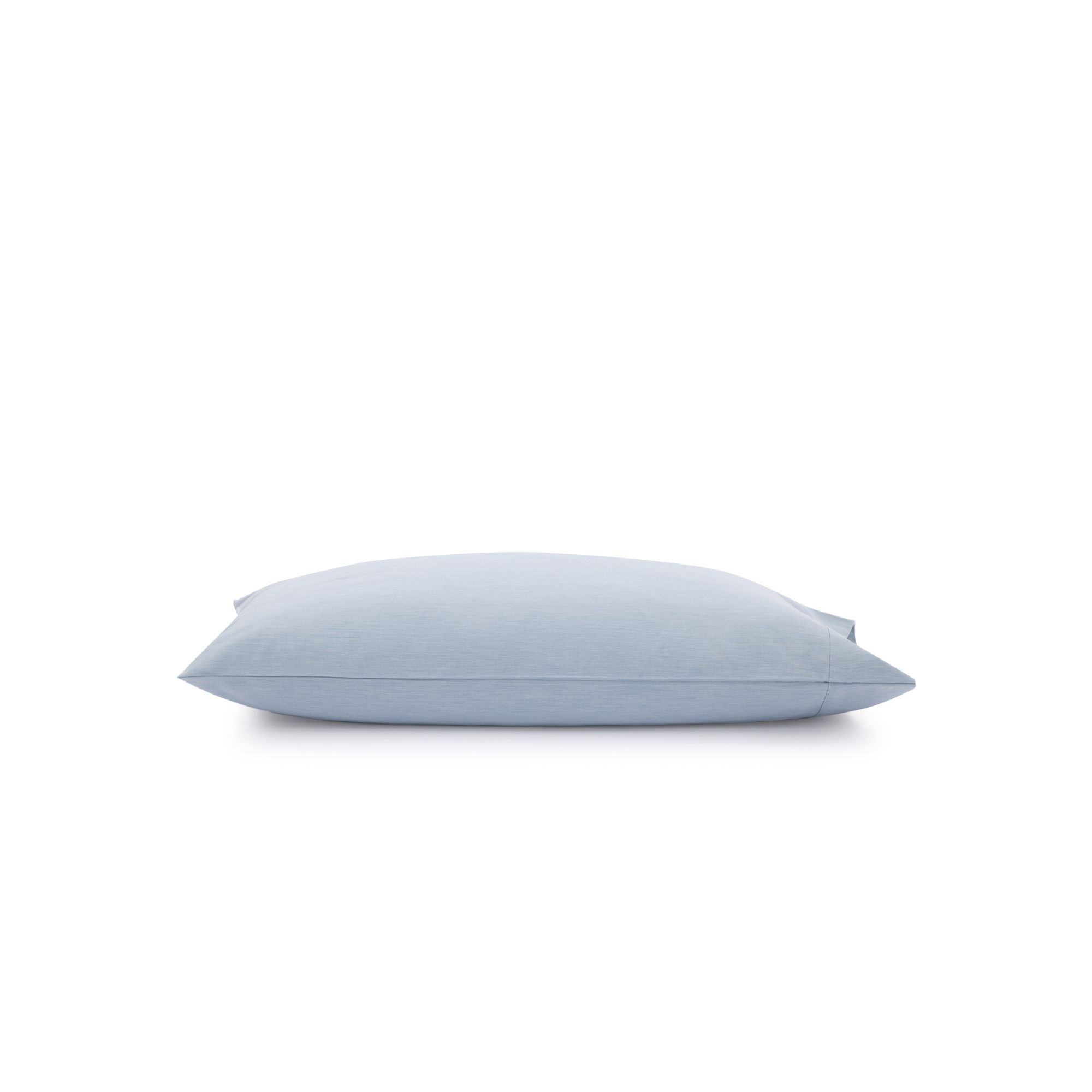
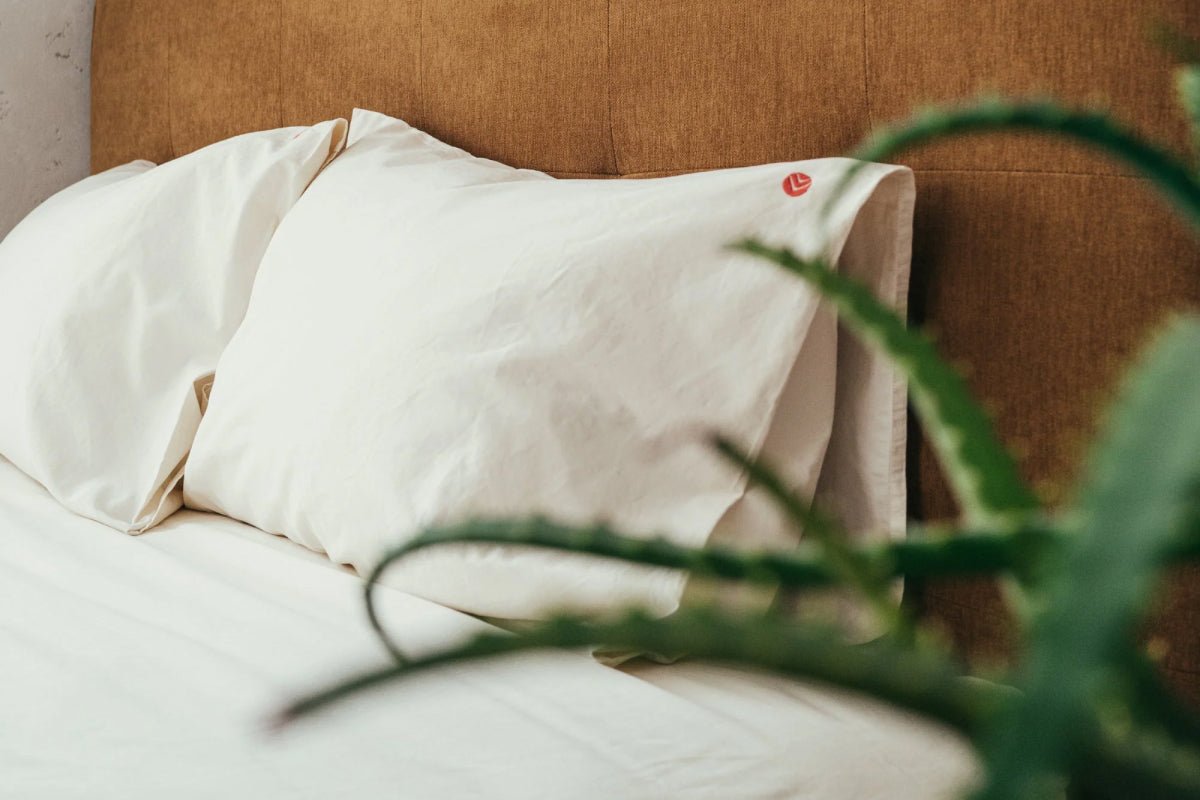 Bedding
Bedding
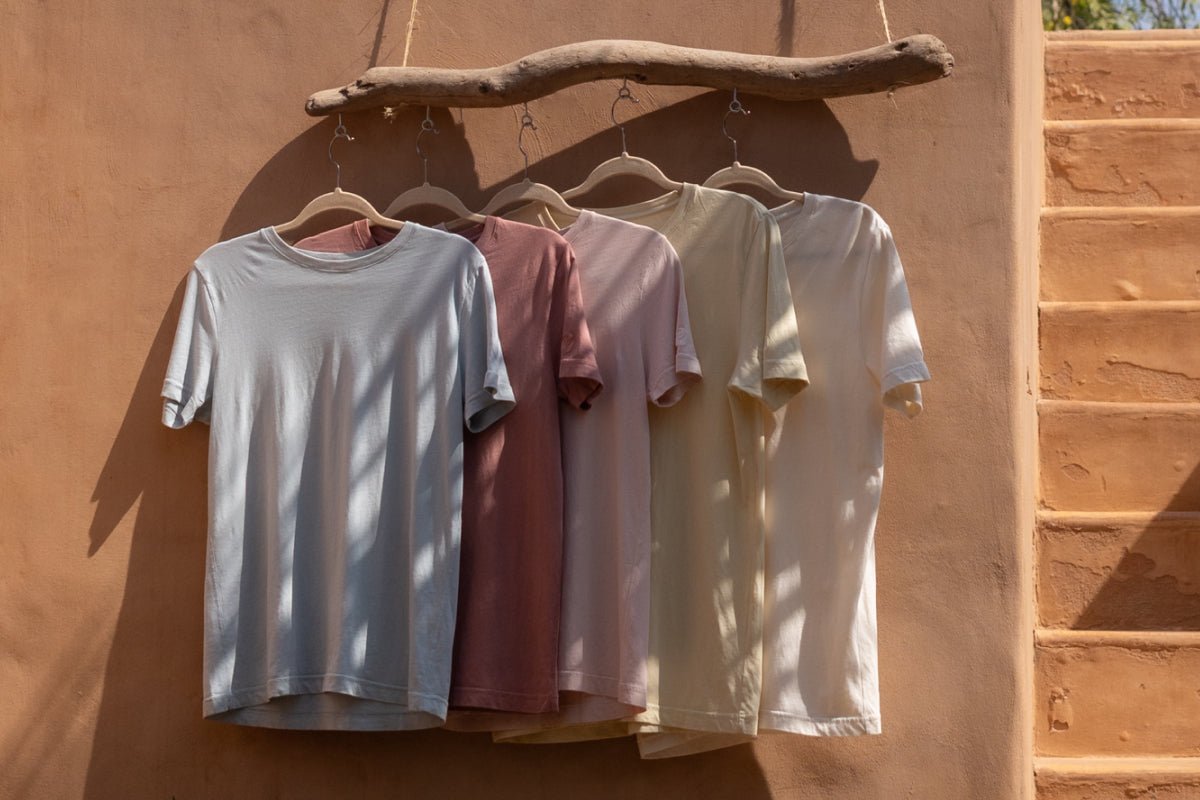 Clothing & Accessories
Clothing & Accessories
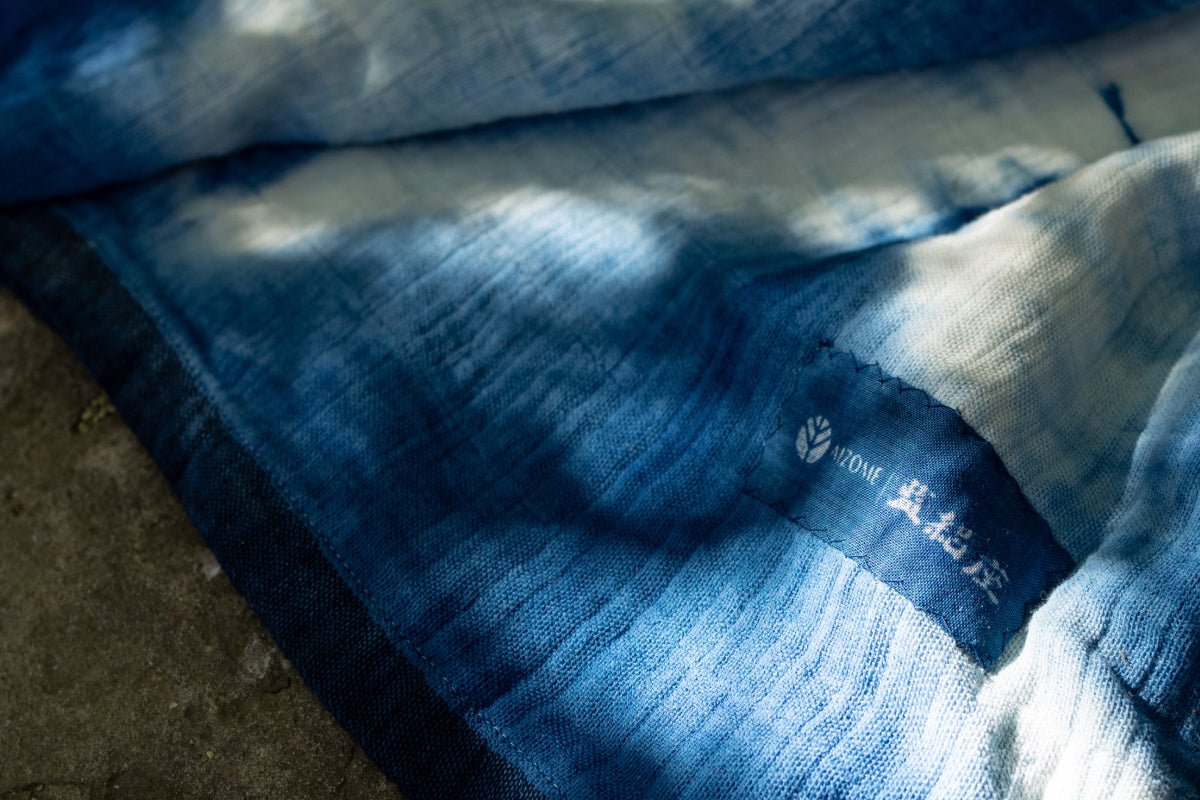 Artisan Line
Artisan Line

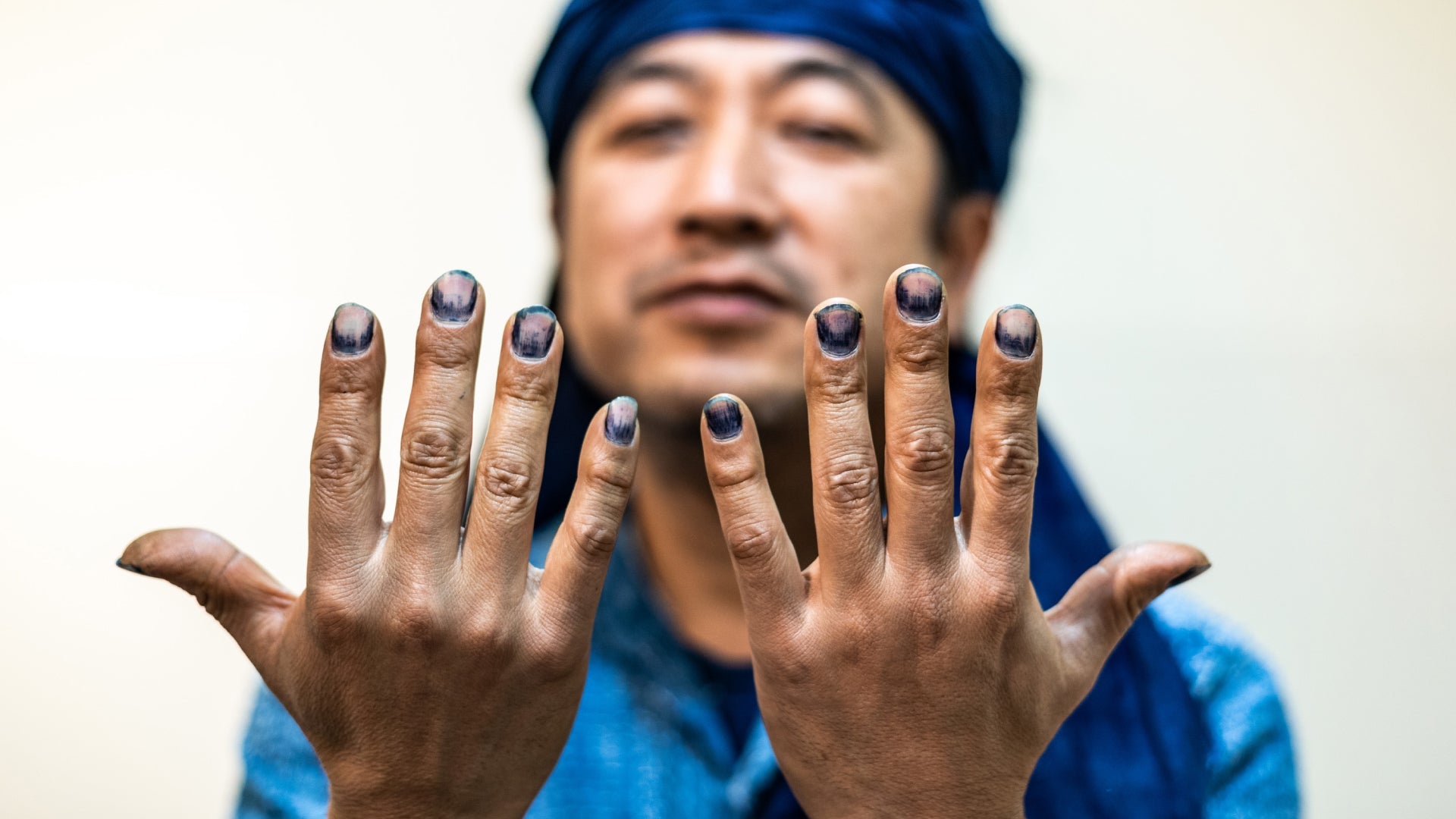

Leave a comment
This site is protected by hCaptcha and the hCaptcha Privacy Policy and Terms of Service apply.